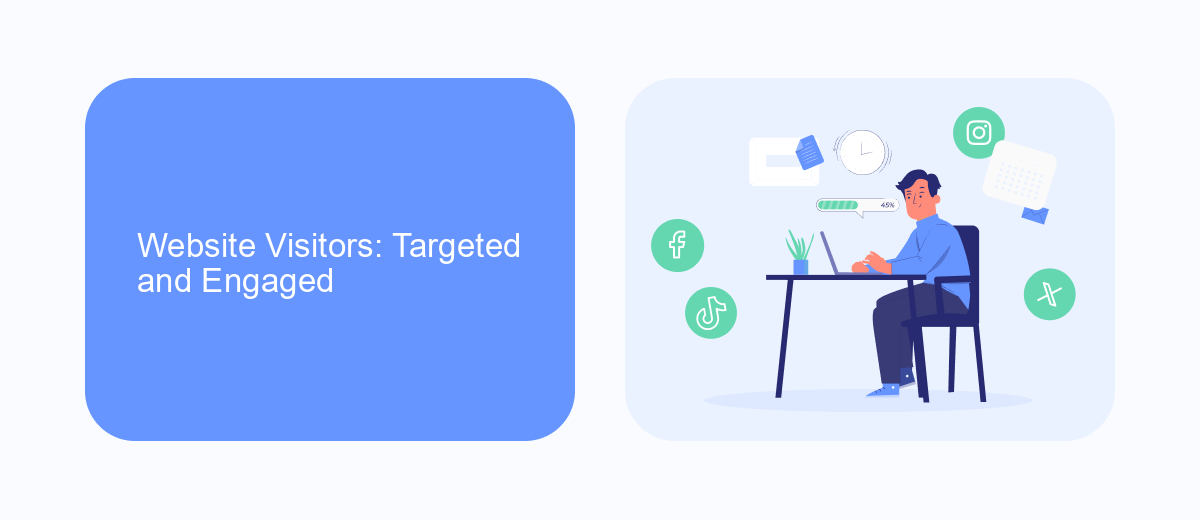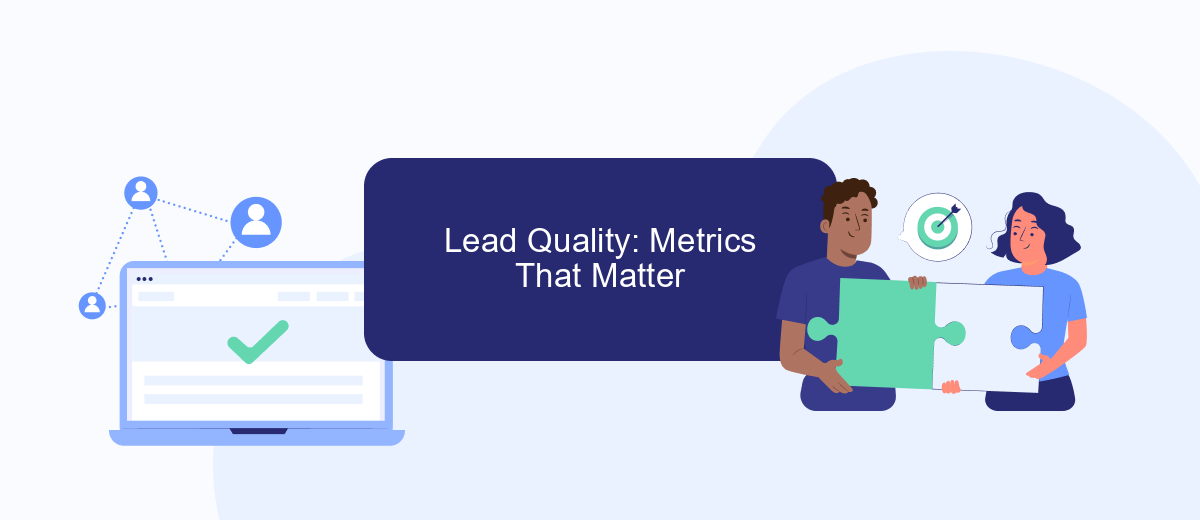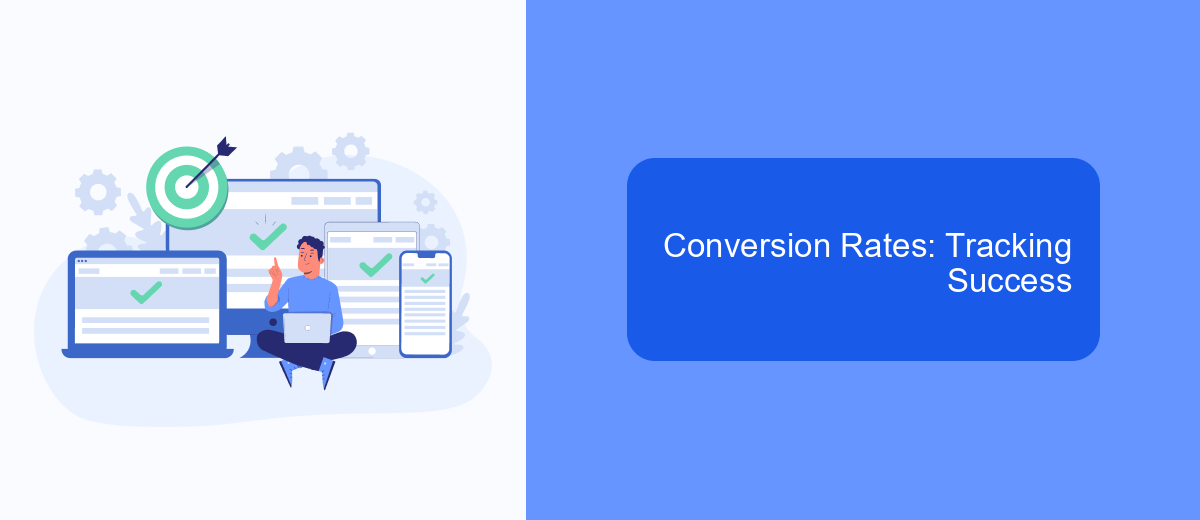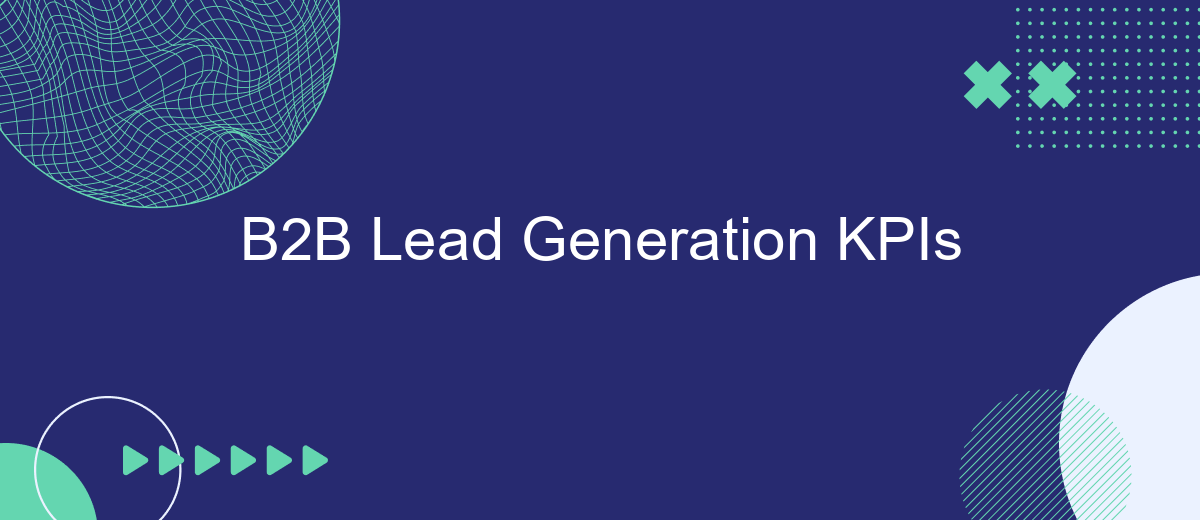In the competitive world of B2B marketing, effective lead generation is crucial for business growth and success. To optimize your strategies and ensure you're targeting the right prospects, it's essential to track key performance indicators (KPIs). This article delves into the most critical KPIs for B2B lead generation, helping you measure, analyze, and enhance your efforts for maximum impact.
KPIs for B2B Lead Generation
Effective KPIs are essential for measuring the success of B2B lead generation efforts. They provide insights into the efficiency of marketing strategies and help identify areas for improvement.
- Lead Conversion Rate: The percentage of leads that convert into customers.
- Cost Per Lead (CPL): The total cost spent on acquiring a lead.
- Lead Quality: The potential value and relevance of a lead to your business.
- Time to Conversion: The average time taken for a lead to become a customer.
- Lead Source ROI: The return on investment from different lead sources.
Using tools like SaveMyLeads can streamline the integration of various marketing platforms, ensuring seamless data flow and more accurate KPI tracking. By automating lead management processes, businesses can focus on optimizing their lead generation strategies and improving overall performance.
Website Visitors: Targeted and Engaged

Tracking website visitors is a crucial KPI for B2B lead generation. It's not just about the number of visitors, but their relevance and engagement with your content. By focusing on targeted visitors, you ensure that the traffic you attract is genuinely interested in your products or services. This can be achieved through SEO optimization, targeted advertising, and content marketing strategies that align with your ideal customer profile.
Engagement metrics, such as time spent on site, pages per session, and conversion rates, provide deeper insights into visitor behavior. Tools like Google Analytics can help track these metrics, but integrating additional services like SaveMyLeads can further enhance your data collection and analysis. SaveMyLeads allows seamless integration with various platforms, enabling you to automate and streamline your lead generation process. By focusing on targeted and engaged visitors, you can improve the quality of your leads and increase the chances of conversion.
Lead Quality: Metrics That Matter

When it comes to B2B lead generation, measuring lead quality is crucial for ensuring that your efforts are yielding valuable prospects. High-quality leads are more likely to convert into paying customers, making it essential to focus on the right metrics.
- Lead Scoring: Assign scores to leads based on their behavior and engagement with your content. This helps prioritize leads that are more likely to convert.
- Conversion Rate: Track the percentage of leads that move from one stage of the sales funnel to the next. This indicates the effectiveness of your lead nurturing process.
- Customer Acquisition Cost (CAC): Calculate the cost of acquiring a new customer to ensure that your lead generation efforts are cost-effective.
- Lifetime Value (LTV): Estimate the total revenue a customer will generate over their lifetime to determine the long-term value of your leads.
- Lead Source Quality: Analyze which channels and campaigns are producing the highest quality leads to optimize your marketing strategy.
Integrating these metrics into your lead generation strategy can be streamlined with tools like SaveMyLeads. SaveMyLeads automates the process of collecting and analyzing lead data from various sources, ensuring that you focus on high-quality leads. By leveraging such services, you can enhance your lead quality assessment and improve overall ROI.
Conversion Rates: Tracking Success

Conversion rates are a crucial metric in B2B lead generation, reflecting the percentage of prospects who take the desired action, such as filling out a form or scheduling a call. By closely monitoring these rates, businesses can gauge the effectiveness of their marketing strategies and identify areas for improvement.
Tracking conversion rates involves analyzing various stages of the sales funnel to pinpoint where potential leads drop off. This data-driven approach allows companies to optimize their processes and enhance overall performance. Utilizing tools like Google Analytics or CRM systems can provide valuable insights into user behavior and conversion trends.
- Identify key conversion points in the sales funnel
- Use analytics tools to monitor user behavior
- Optimize landing pages and forms for better conversion
- Implement A/B testing to refine strategies
Integrating automation tools like SaveMyLeads can further streamline the tracking process by seamlessly connecting various platforms and aggregating data in one place. This ensures that businesses have a comprehensive view of their conversion rates, enabling them to make informed decisions and drive success in their lead generation efforts.
Return on Investment: Measuring the Value
Return on Investment (ROI) is a critical metric for measuring the effectiveness of B2B lead generation efforts. By calculating the ROI, businesses can determine the value generated from their marketing investments. To measure ROI, it's essential to track the costs associated with lead generation activities and compare them to the revenue generated from the acquired leads. This helps in understanding which strategies yield the highest returns and where to allocate resources for maximum impact.
Implementing automated tools and integrations can significantly enhance the accuracy and efficiency of tracking ROI. For instance, services like SaveMyLeads allow businesses to seamlessly integrate their lead generation platforms with CRM systems, ensuring that all data is accurately captured and analyzed. By leveraging such integrations, companies can gain deeper insights into their lead generation performance, optimize their marketing strategies, and ultimately achieve a higher ROI. Regularly reviewing and refining these processes is crucial for sustaining growth and maintaining a competitive edge in the B2B market.
- Automate the work with leads from the Facebook advertising account
- Empower with integrations and instant transfer of leads
- Don't spend money on developers or integrators
- Save time by automating routine tasks
FAQ
What are the most important KPIs for B2B lead generation?
How can I measure the quality of my leads?
What is the role of automation in B2B lead generation?
How often should I review my lead generation KPIs?
What is a good conversion rate for B2B leads?
What do you do with the data you get from Facebook lead forms? Do you send them to the manager, add them to mailing services, transfer them to the CRM system, use them to implement feedback? Automate all of these processes with the SaveMyLeads online connector. Create integrations so that new Facebook leads are automatically transferred to instant messengers, mailing services, task managers and other tools. Save yourself and your company's employees from routine work.

